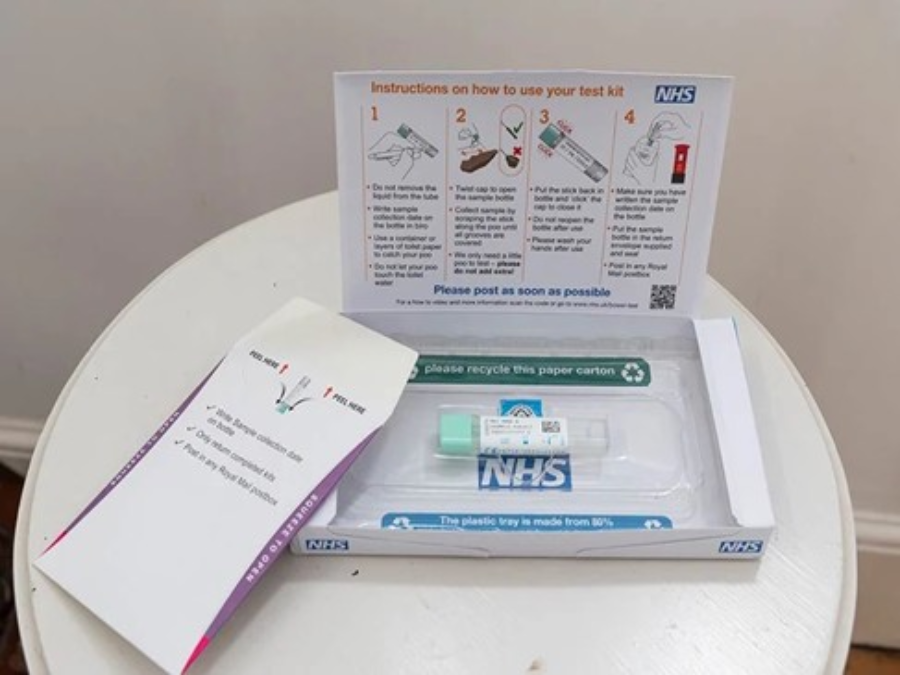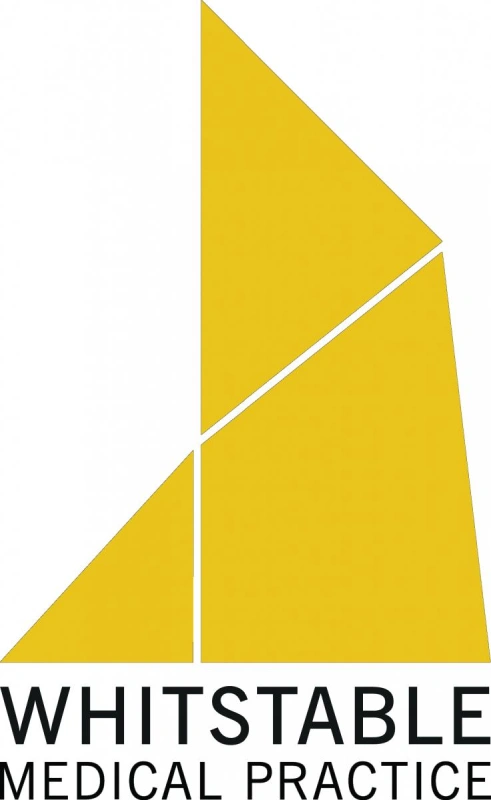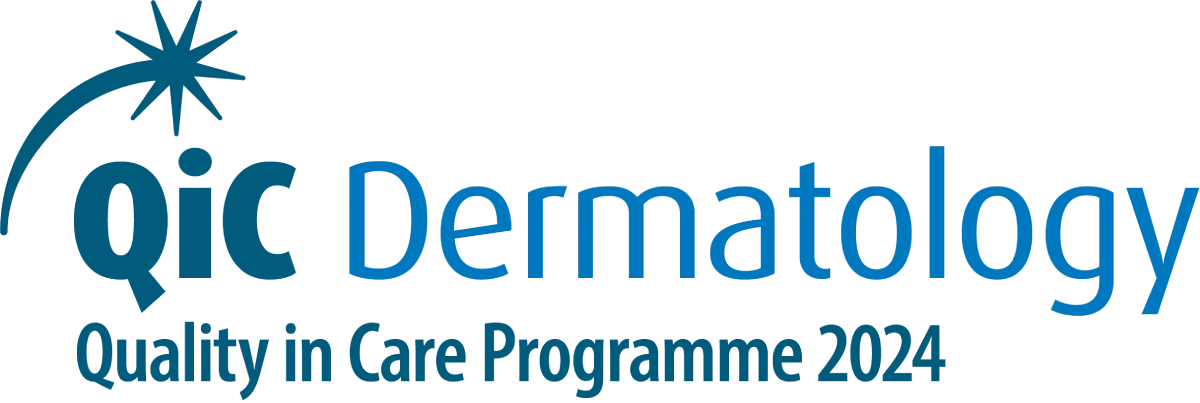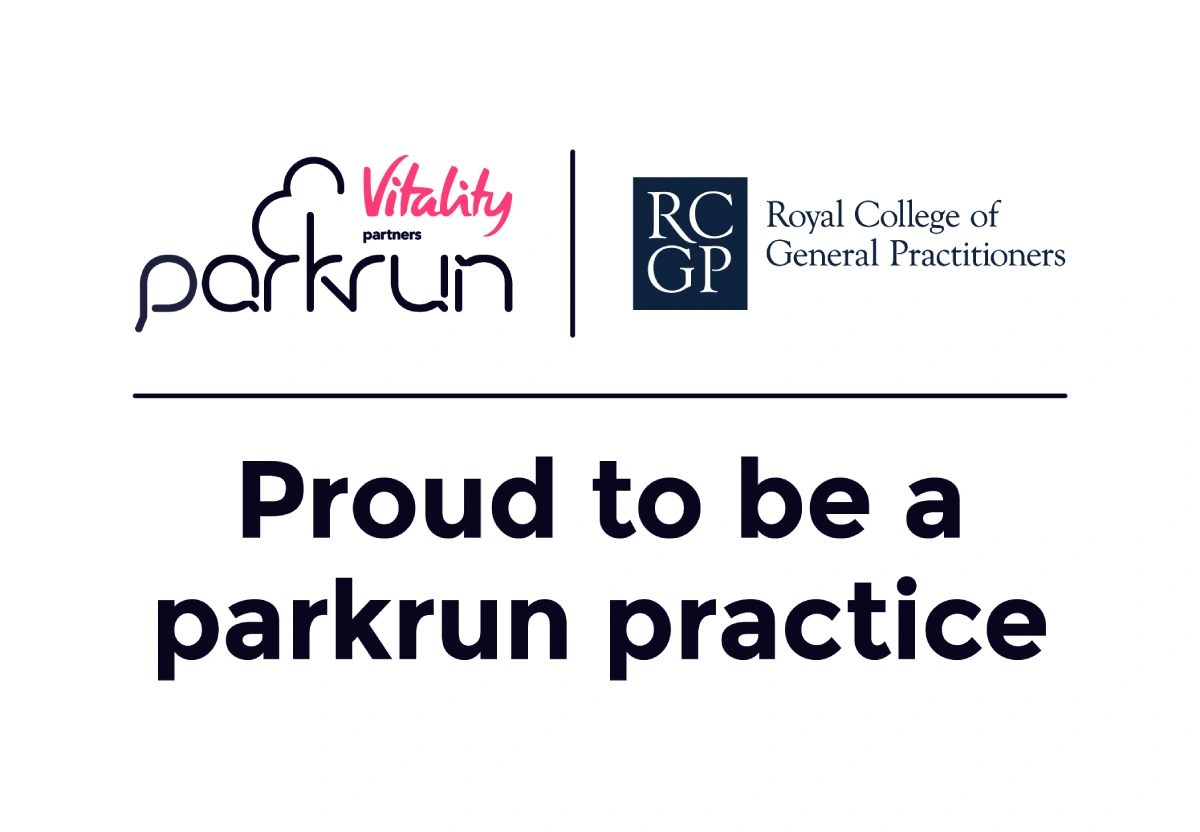We use cookies to help provide you with the best possible online experience.
By using this site, you agree that we may store and access cookies on your device. Cookie policy.
Cookie settings.
Functional Cookies
Functional Cookies are enabled by default at all times so that we can save your preferences for cookie settings and ensure site works and delivers best experience.
3rd Party Cookies
This website uses Google Analytics to collect anonymous information such as the number of visitors to the site, and the most popular pages.
Keeping this cookie enabled helps us to improve our website.
Patient Participation Group Newsletter: Spring 2025

Welcome to our Spring Newsletter
How do I get a doctor’s appointment? is a question I hear from time to time, writes PPG Chair Lynne Spencer.
The answer can be lengthy because the ways in which we gain access to health care are changing, based more closely on patients’ needs. What’s right for one person may not be the best option for another.
If you can, you could go to one of the surgeries and speak to a patient coordinator who will help you identify the best place or person for your issue.
But the preferred way is for you to phone the surgery on 01227 284300. Early in the morning, 30 members of staff are answering the calls.
Once they have verified who is calling, (by asking for your date of birth) they can view your medical record, ask appropriate questions and identify what needs to happen.
Throughout the day, if the number of calls waiting increases, staff stop what they are doing (which could include writing reports, processing Hospital correspondence or prescription requests) to answer calls.
So even though at times the system may say you are number 10 in the queue, you may not have such a long time to wait. Find more information here.
Seeing my own doctor
WMP prefers us to see our own doctor as this provides the patient and the doctor with continuity of care. As a rule of thumb, you would always be booked in with your own GP.
There might be a longer wait for an appointment if, for example, your doctor is on annual leave, or off sick.
Sometimes appointment offered may be with a trainee GP – a fully qualified doctor undertaking further training.
However, if you want to see a doctor, but you are not particularly concerned as to which doctor you see (because you want to be seen as quickly as possible) please let staff know that this is an option for you.
If you have a new symptom or complaint you can telephone at 08.00am in the morning and speak to a member of staff who will take your details. This will then be triaged, and you will receive a telephone call to discuss your health. If it is thought to be necessary, you will be invited into the surgery that day to see a clinician. This is Same Day Hub. Patients who have used this service are very happy with their care.
Another way to get in touch with the Practice is to use E-consult
For those not familiar with it, E-consult is an on-line form that guides you through questions about your problem that are then sent to the surgery.
It is open from Monday to Friday, 8.30am to 6.30pm. This means someone who wants to get some health advice, and who gets a bit tongue tied when telephoning, or forgets the real question they wanted to ask, can plan what it is they need to say and to ask.
This service is for non-urgent issues, where response is not required urgently. It can be used to inform your GP on how you are getting on with a new medication or provide them with an update on an ongoing health concern. It can also be used for administrative requests such as an extension to a fit-note.
Your form is reviewed, and you are sent a text saying when you will be telephoned.
Because the aim is to answer all E-consults within 72 hours, the service is not available over the weekend. This is for safety reasons: someone may deteriorate over the weekend when no one is reviewing the submissions. Or they may go to the urgent treatment centre or A&E making the E-Consult redundant.
“My experience”, says Lynne Spencer, “has been very positive; I was phoned by a doctor at the time given in the text message received after I filled in the form”.
When she tried to submit a form for her husband, the system saw this was a complex issue and advised her to call the surgery – demonstrating that patient safety is key.
Examples of appointments
A patient called on a Friday afternoon saying she had blurred vision. The person answering the call asked questions to ensure that it was safe for her to wait for an appointment. The appointment was then made for Monday in the minor eye clinic.
A patient received a text from WMP to have their “MOT”. They followed the instructions in the text and chose a date and convenient time. The clinic was on time, and the advice given reported to be excellent by the patient.
A patient sent in an E-consult form on 3 March. She received a text the same day to say it had been reviewed. The next day she received an appointment for an Xray on 7 March (It would have been earlier, but the Xray machine was being serviced).
The Xray has been reviewed and treatment prescribed.


NHS health Checks - or ‘MOTs’
There is a wide variation of uptake across the country for this health check - yet people who attend these MOTs are 25 per cent less likely to die of, or be diagnosed with heart disease later.
These MOTs begin at the age of 40 and continue every 3-5 years for those eligible. Currently, 170,000 people die each year due to heart disease. And 5 million people are living with diabetes.
At these MOTs the nurse will measure your height, weight, blood pressure and cholesterol levels. They complete a short lifestyle survey which includes questions on diet and exercise and then calculate diabetes and cardiac risks.
You will be sent a text by WMP inviting you to make an appointment. If you have a smart phone, clicking on the message will take you to a calendar to choose a date and time. You then receive a confirmation text with the appointment details.
At the visit, if an issue is identified the nurse will refer you to a service which can help, such as One You Kent.
See here for more information about who is eligible.
Car Parking
By the time you are reading this newsletter, you will have heard that WMP intends to introduce car parking charges at the surgeries. People visiting the UTC will be expected to make the same payments.
WMP tried to find a way in which they did not have to do this but sadly could not get funding other than an interest only mortgage/loan to purchase the land for a car park.
Printed information (available to take away) has been available at the health centres, and the information is on the Facebook and webpages
Information will be clearly displayed about payment.
WMP did discuss the introduction of charges with the PPG, and we did ask questions on your behalf, all of which were answered by WMP. The charges are £1.00 per four-hour visit.
Charges will be waived during mass vaccination programmes.
The Harbour car park will be accessible at the weekends and charges will be in place.
Charges will be introduced first at Estuary View, where signs will have details of charges. This is a change to the plans and should be in place in May.
Raising awareness of ovarian cancer
Around 250 women are diagnosed with ovarian cancer in Kent and Medway every year, with at least 72 being diagnosed at a late stage.
Earlier diagnosis makes ovarian cancer easier to treat, but the signs and symptoms are not always obvious.
Kent and Medway Cancer Alliance’s ‘Let’s talk about ovarian cancer’ campaign aims to increase earlier diagnosis by raising awareness of the signs and symptoms and encourage women to contact their GP.
Women can be diagnosed with ovarian cancer at any age, but it’s more common in women aged between 60 and 80.
The main symptoms are:
- Persistent bloating or a swollen tummy
- Reduced appetite or feeling full quickly after eating
- Pain or tenderness in your tummy or pelvis (the area between the hips)
- Urinary symptoms (needing to wee more urgently or more often)
These will be:
- Frequent – they will usually happen more than 12 times a month
- Persistent – they don’t go away
- New – they are not normal for you
There are many other non-cancer causes for these symptoms, but if you are concerned, it’s best to get them checked out.
Finding ovarian cancer early can mean it’s more treatable. Have the conversation with your GP practice.
*Source: Cancer registration statistics – NDRS – 2022 data.
Bowel cancer screening age limit lowered
The NHS will be making the bowel cancer screening available to more people.
Home testing kits will now be sent to everyone aged 50-74 every two years.
To get more information on bowel cancer and the screening programme call 0800 707 60 60. Or visit here.

Get involved with the Patient Participation Group
Are you interested in becoming an Associate Member of the Patient Participation Group? Or would you like to find out more about how you can contribute your voice to services at Whitstable Medical Practice? Then please visit here.
There will be a link to take you to a form where you can express an interest and then the chair of the committee will contact you to talk through the next steps and commitment needed.
The PPG is the patients’ voice, and we aim to represent the people who are registered as patients with WMP. If you are a patient of the Practice, we would love to hear from you.
Patient coordinators – a reminder
Patient coordinators are the link between patients and the Practice’s services.
They are trained to ask questions, listen to patients and decide together who best can deal with the problem. All information is treated confidentiality.
Could you claim Pension Credit?
Thousands of people in Kent and Medway could be eligible for Pension Credit, yet many are still not claiming.
Pension Credit can unlock other entitlements such as the Winter Fuel Payment and a free TV licence if you are over 75.



